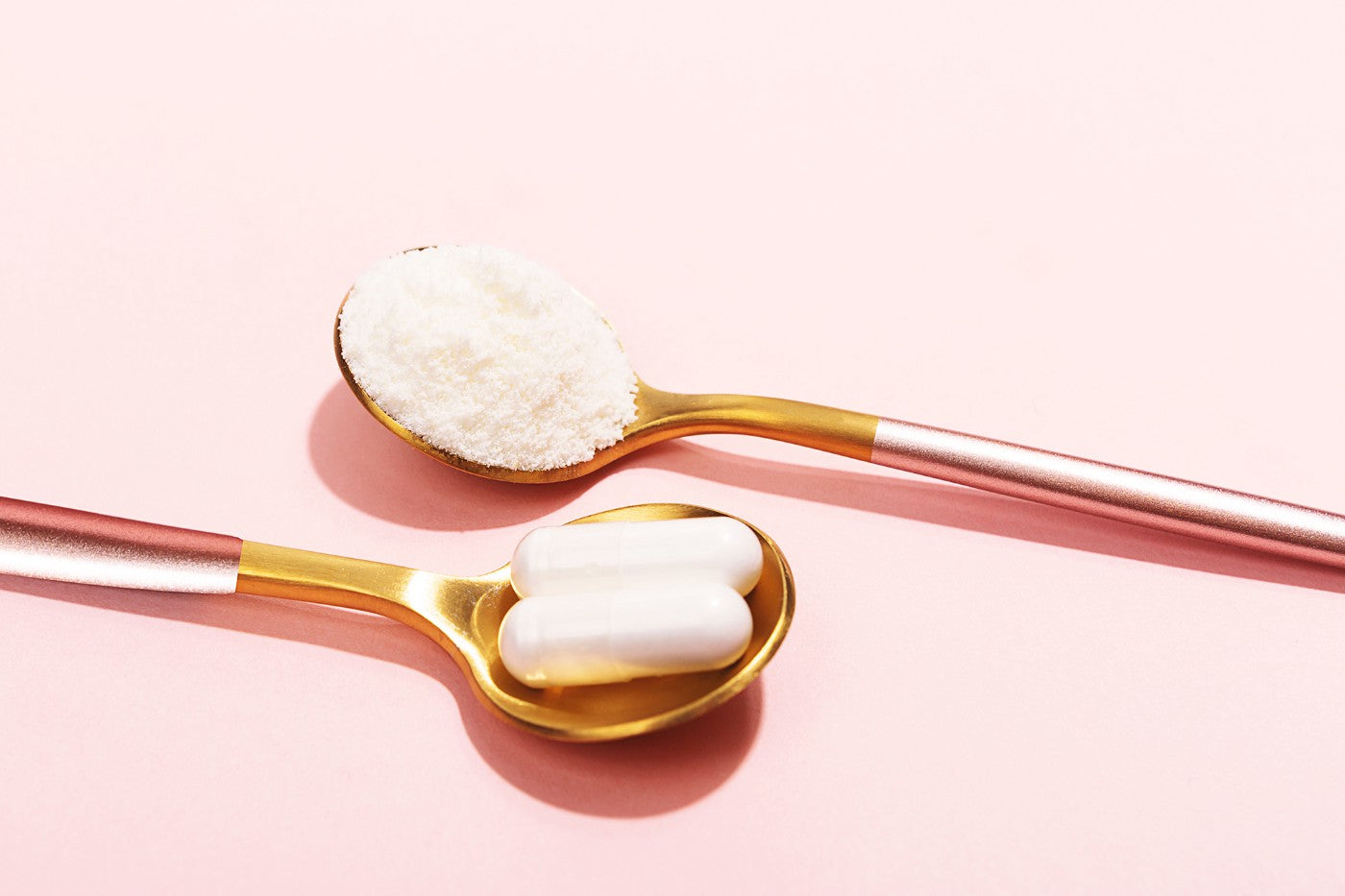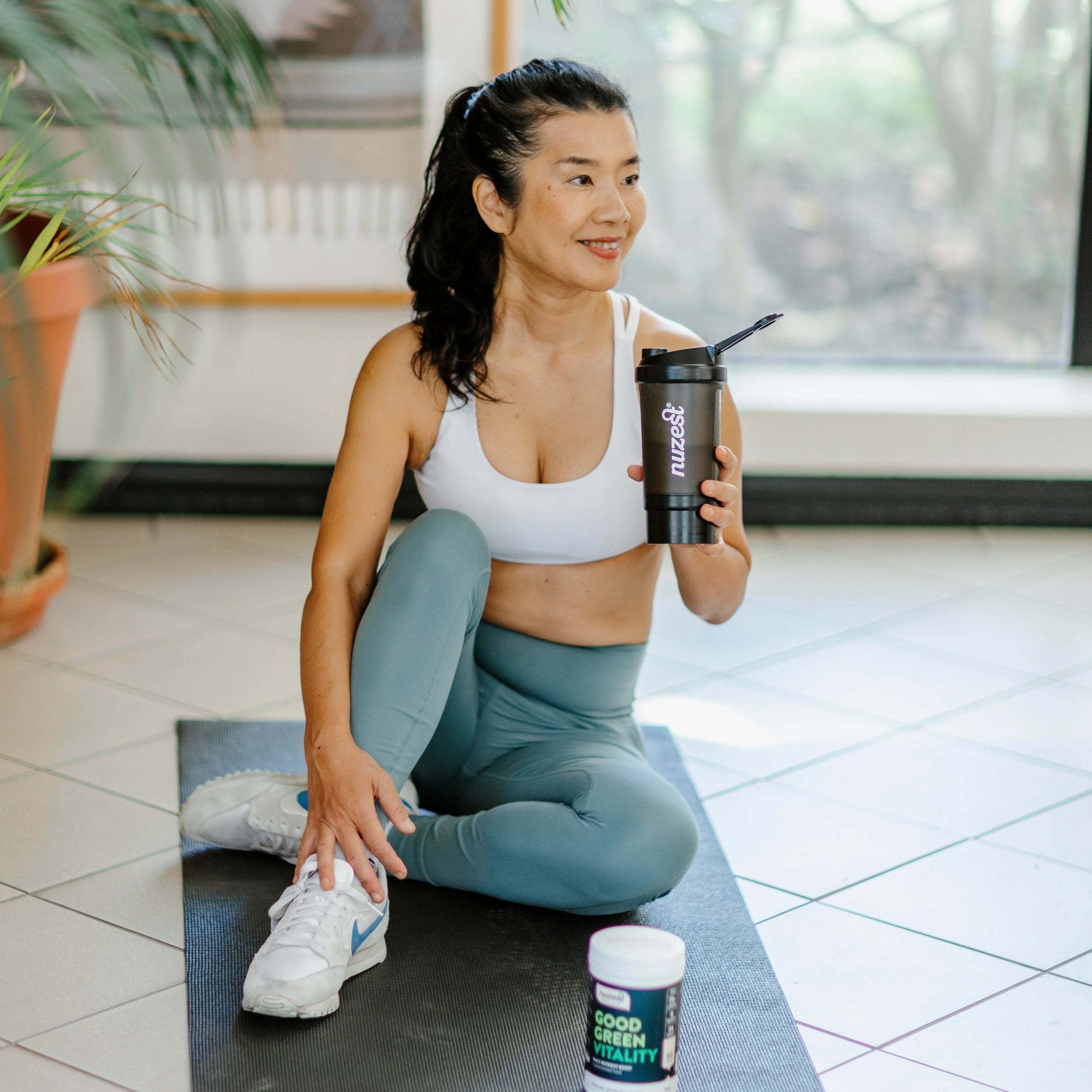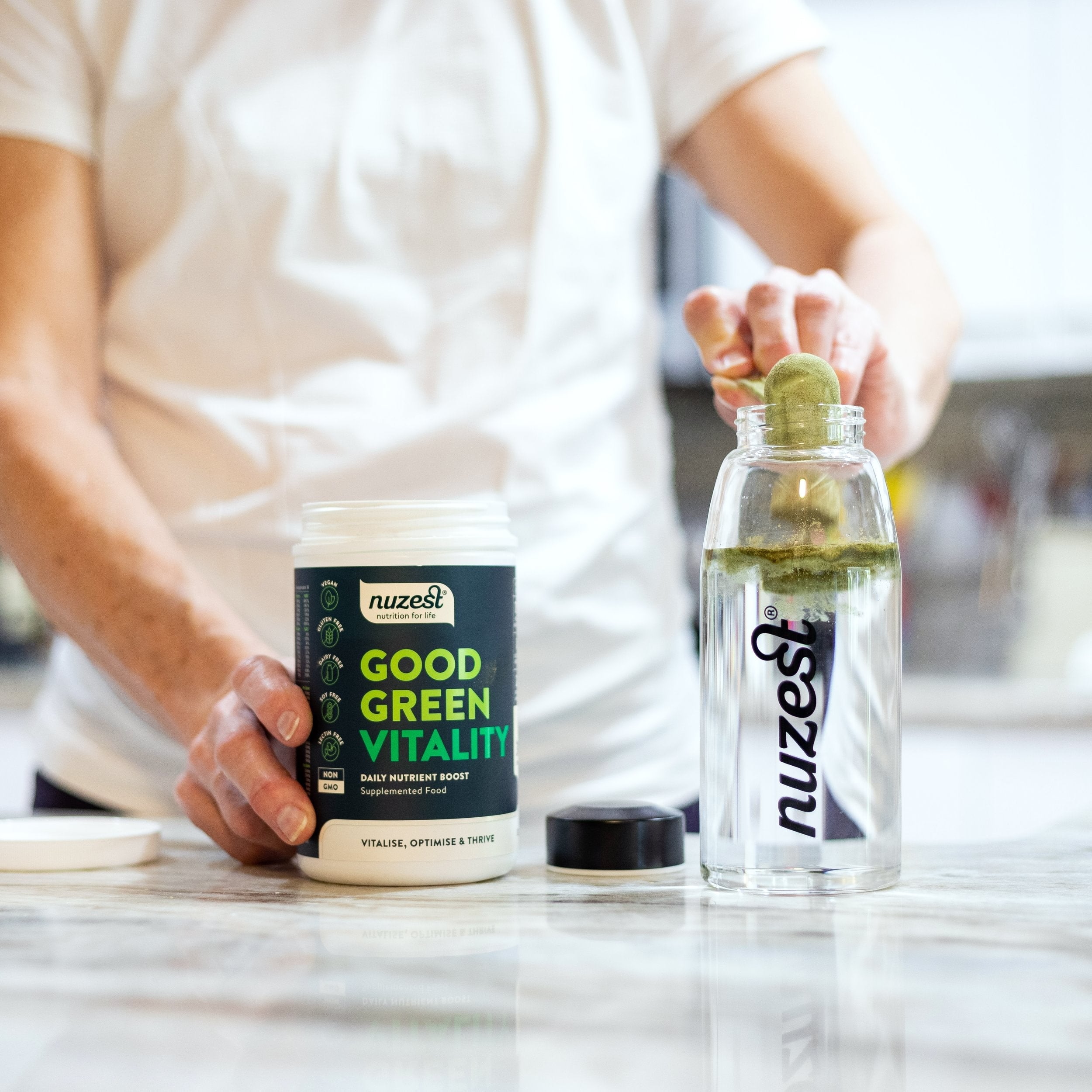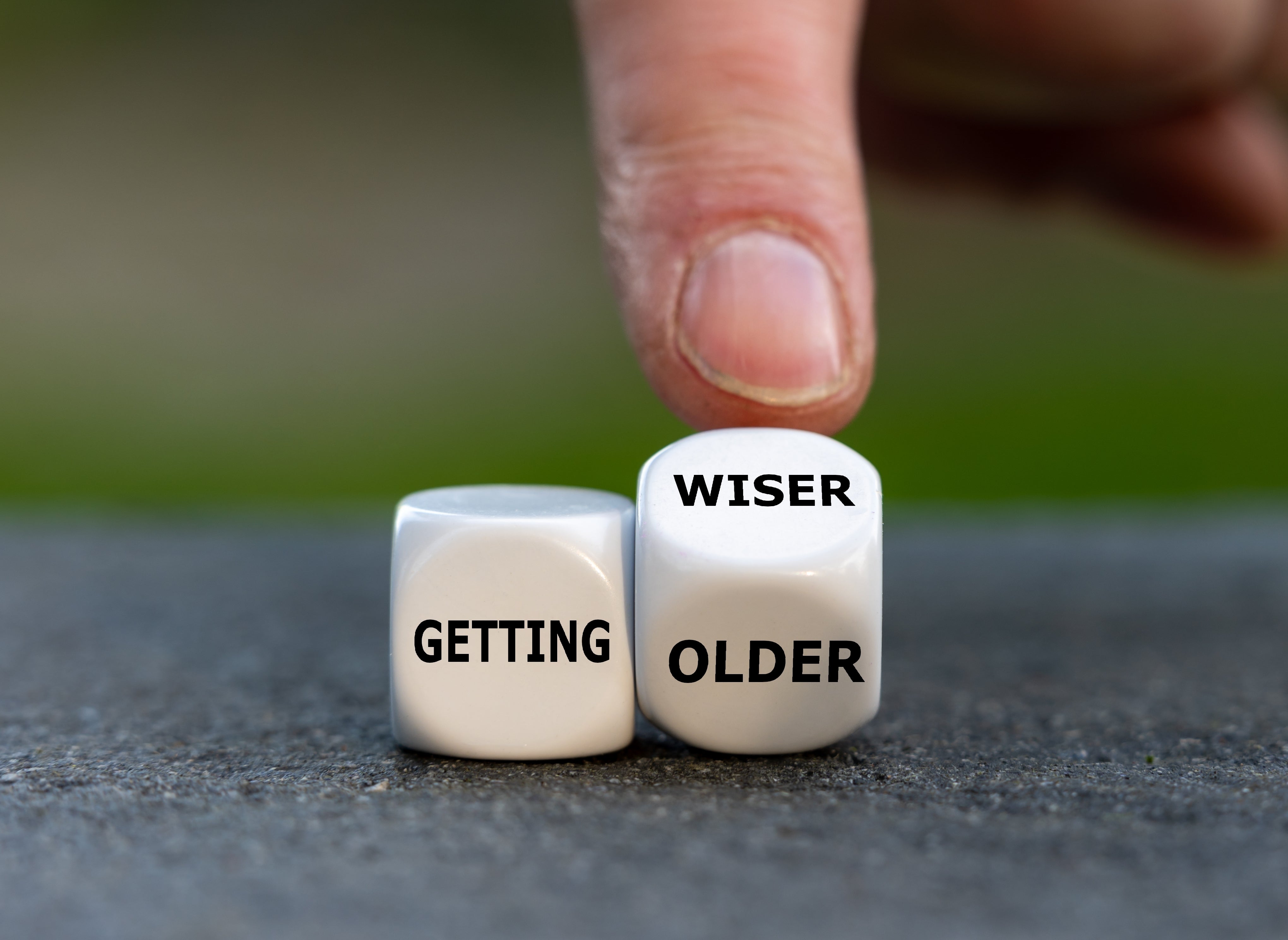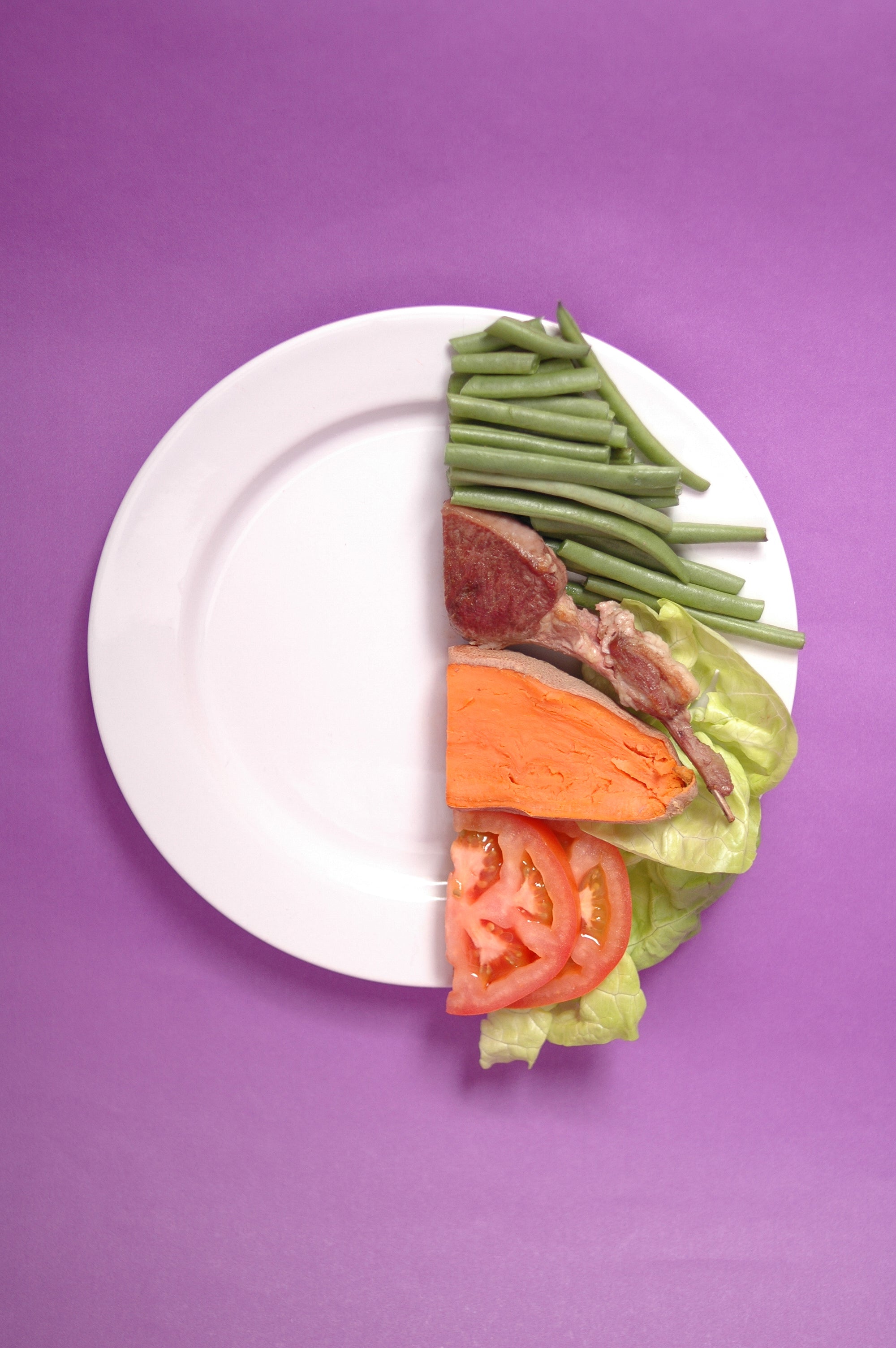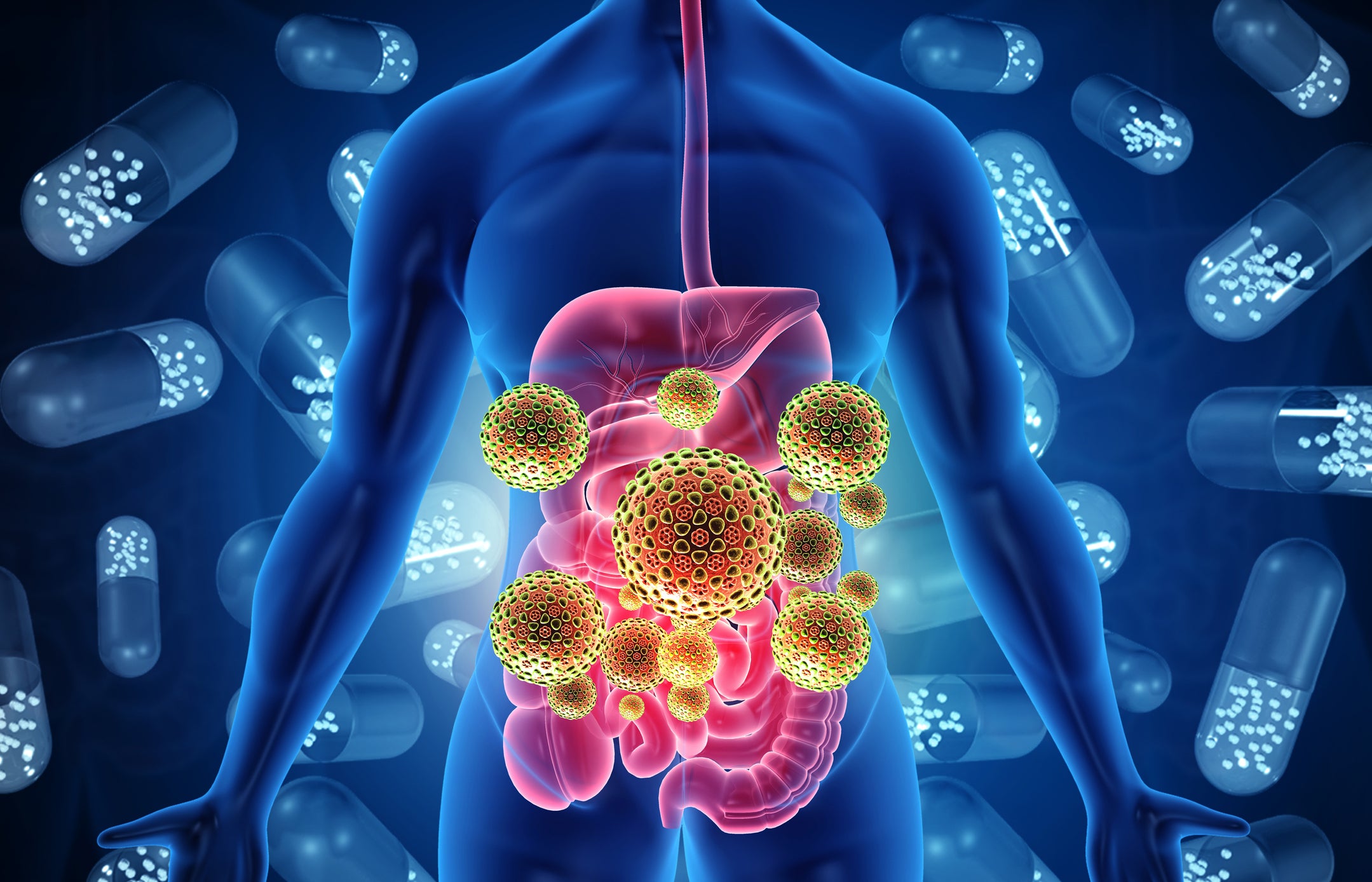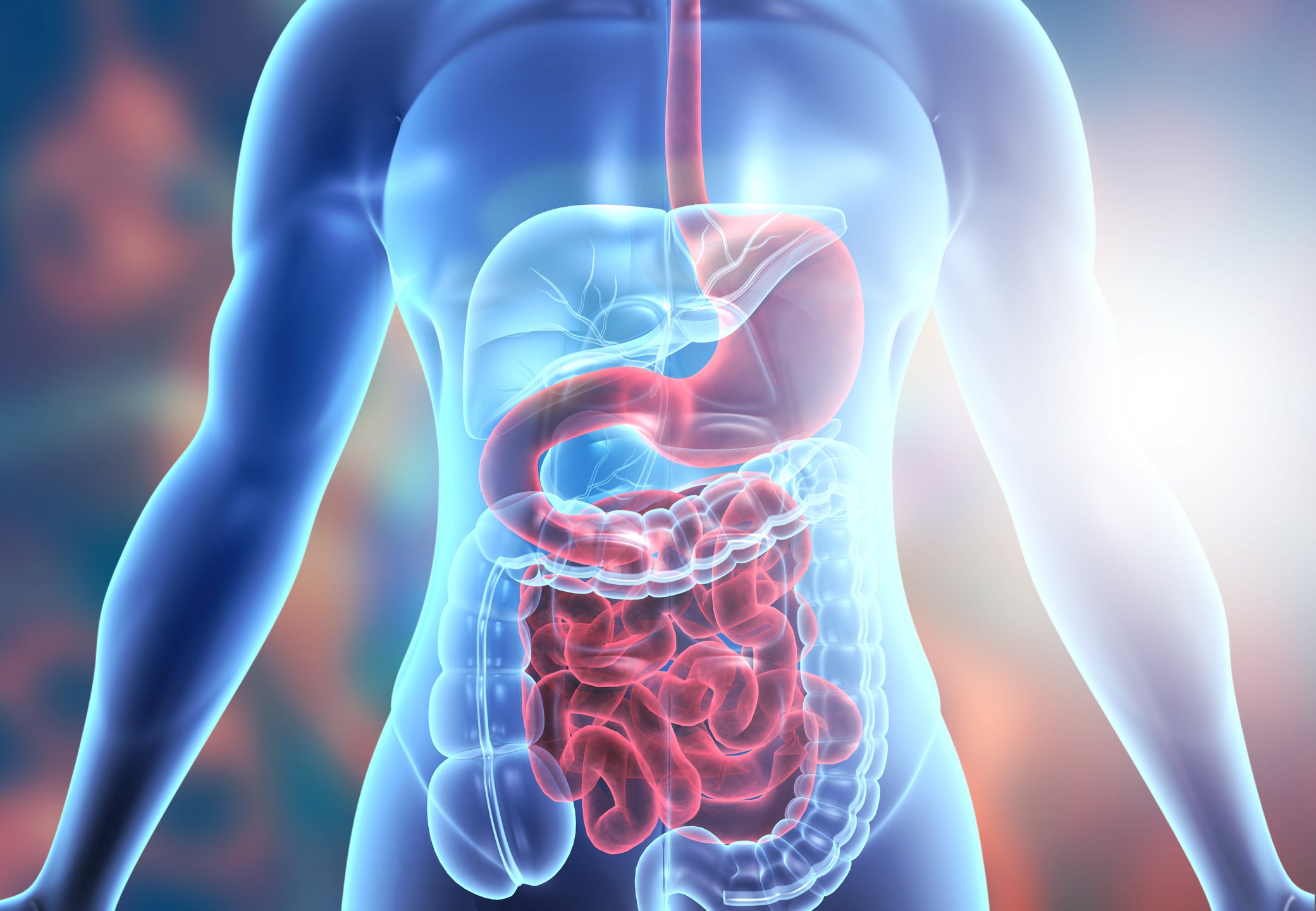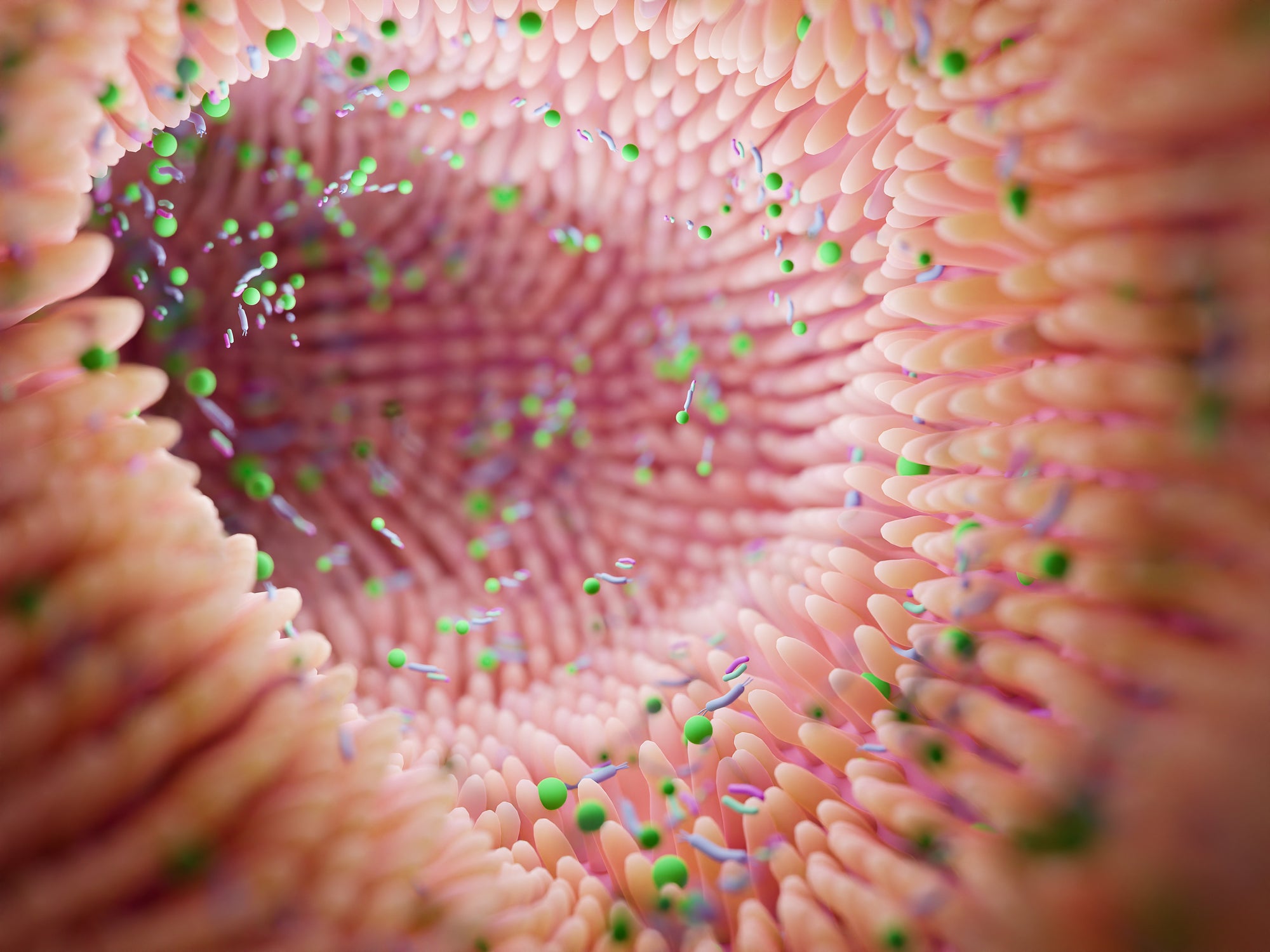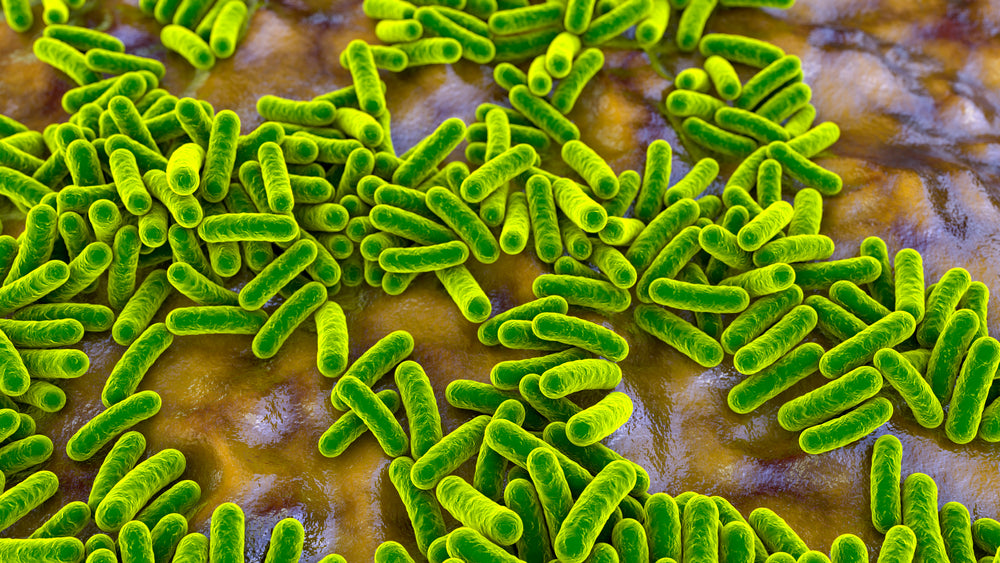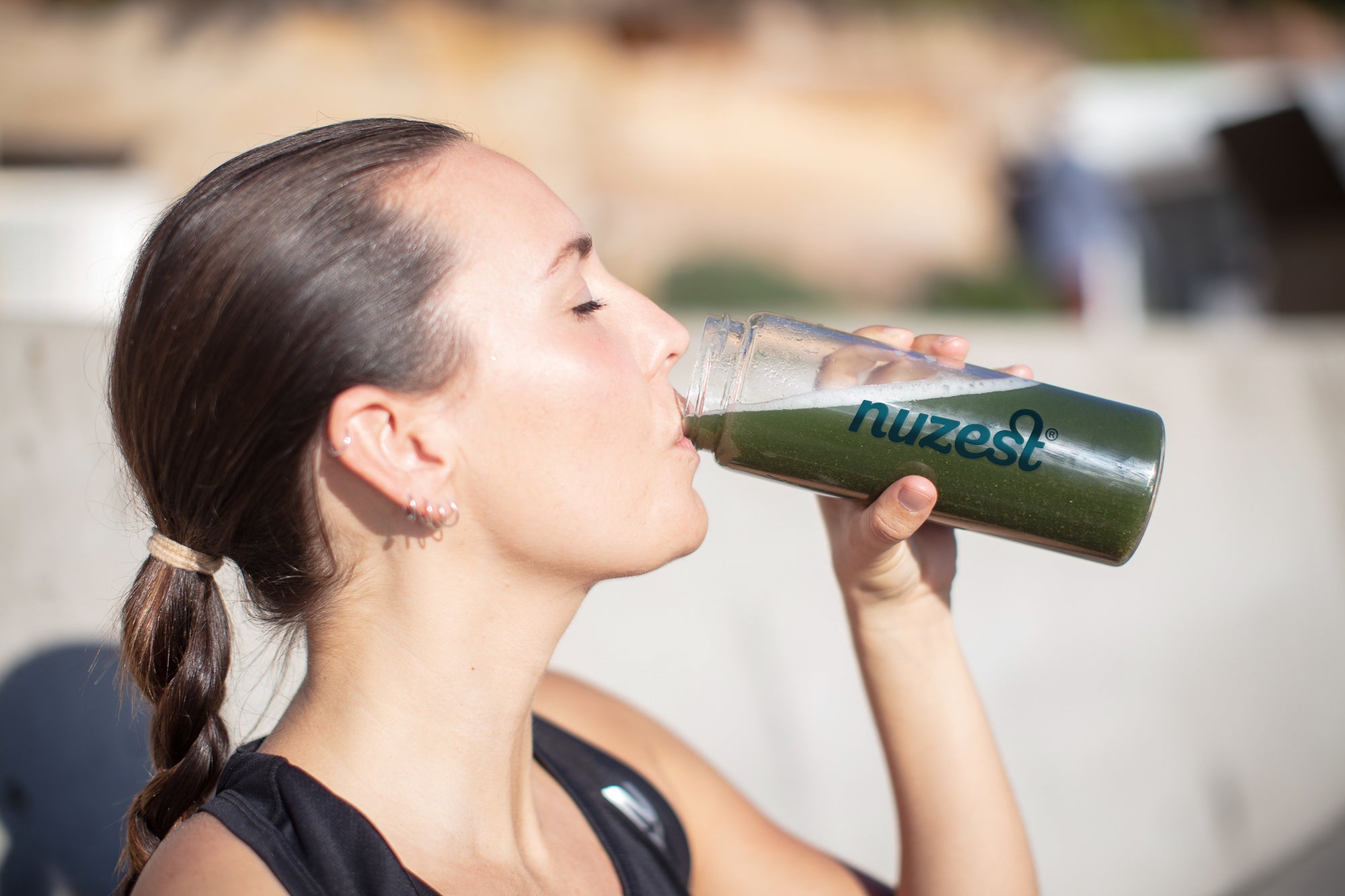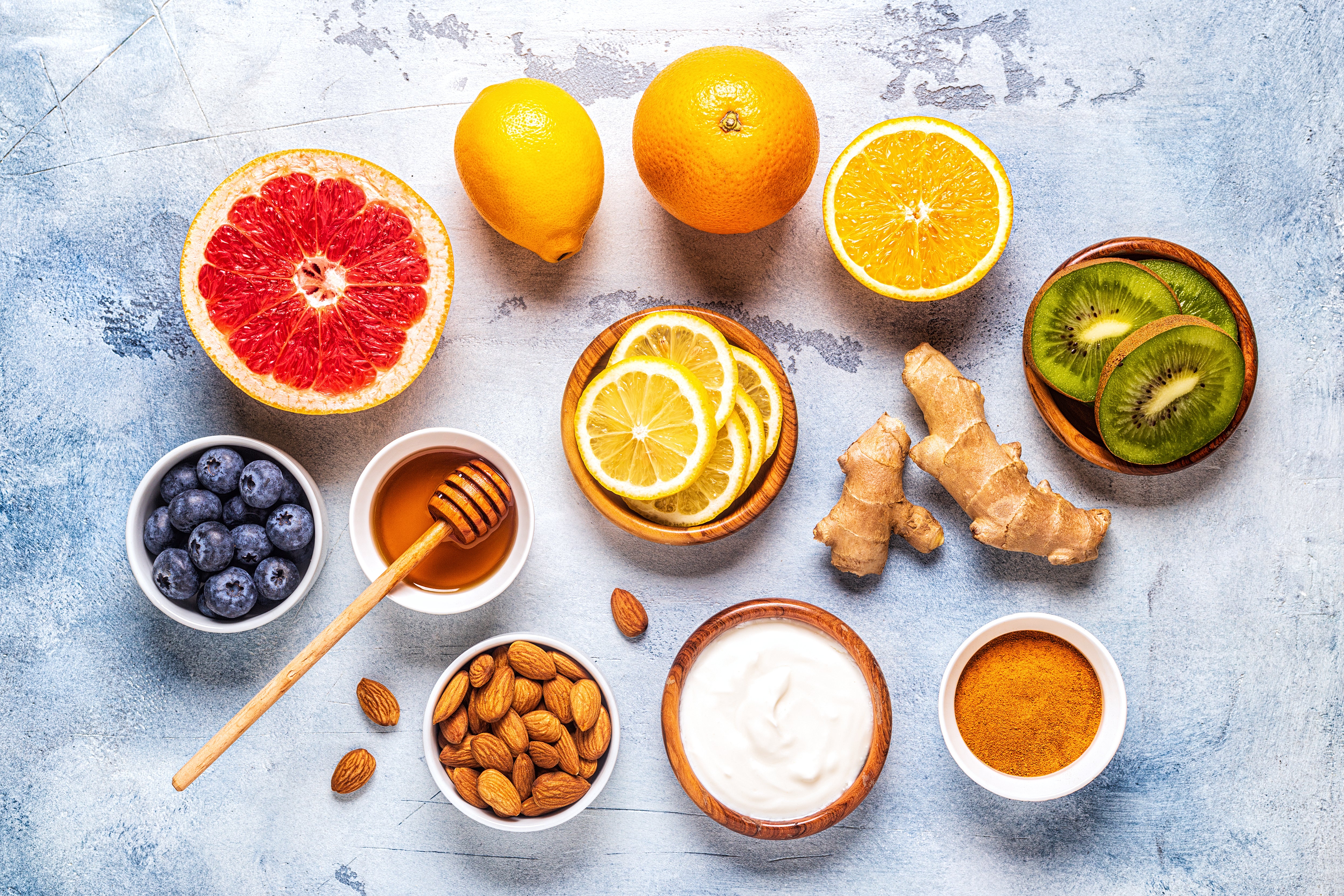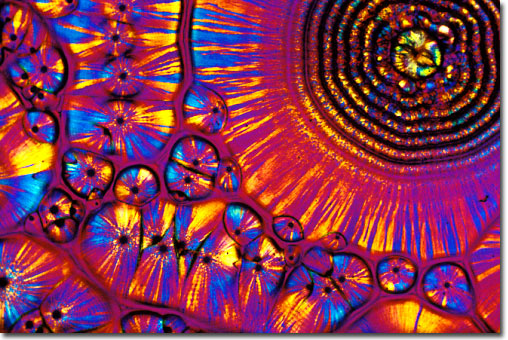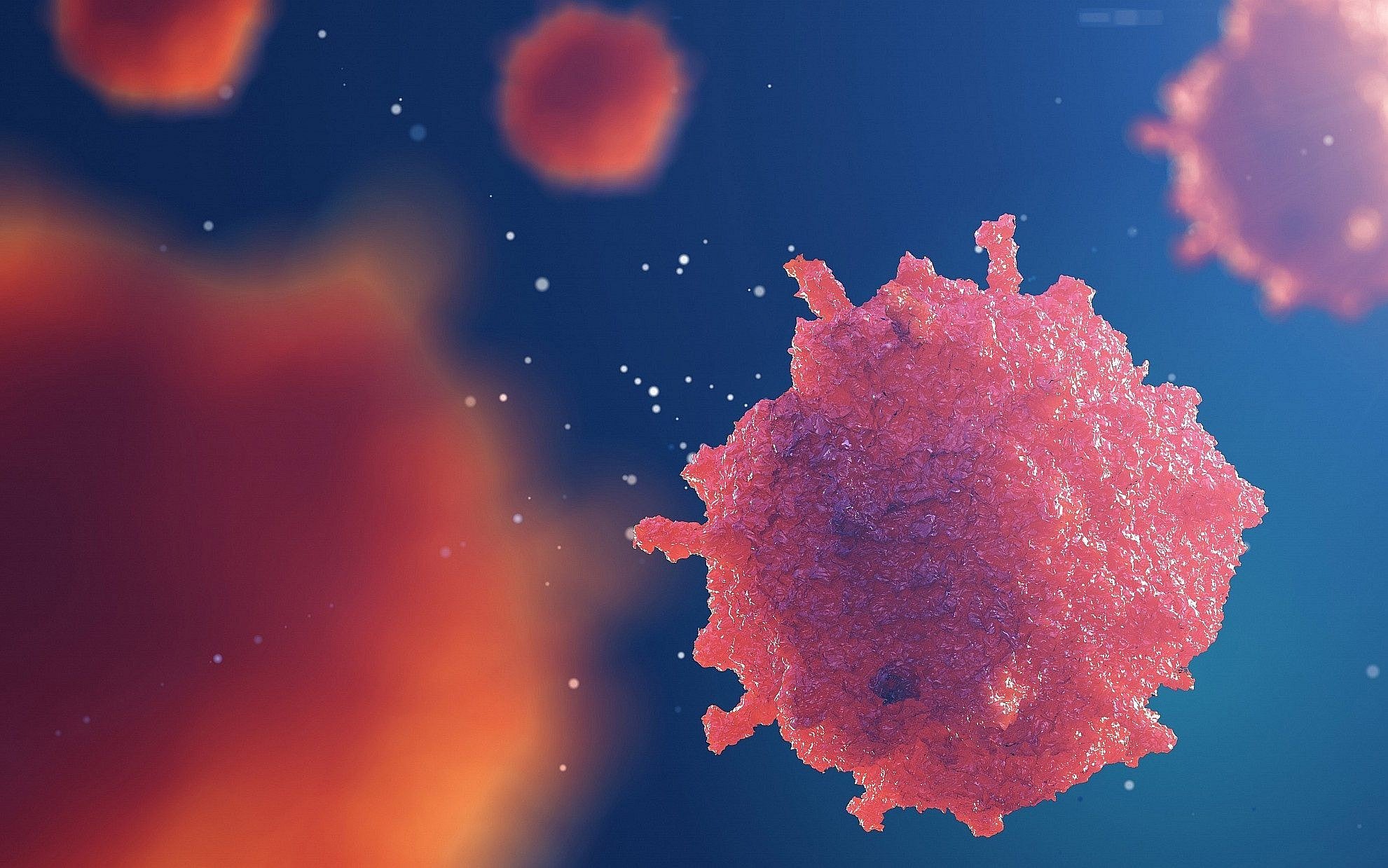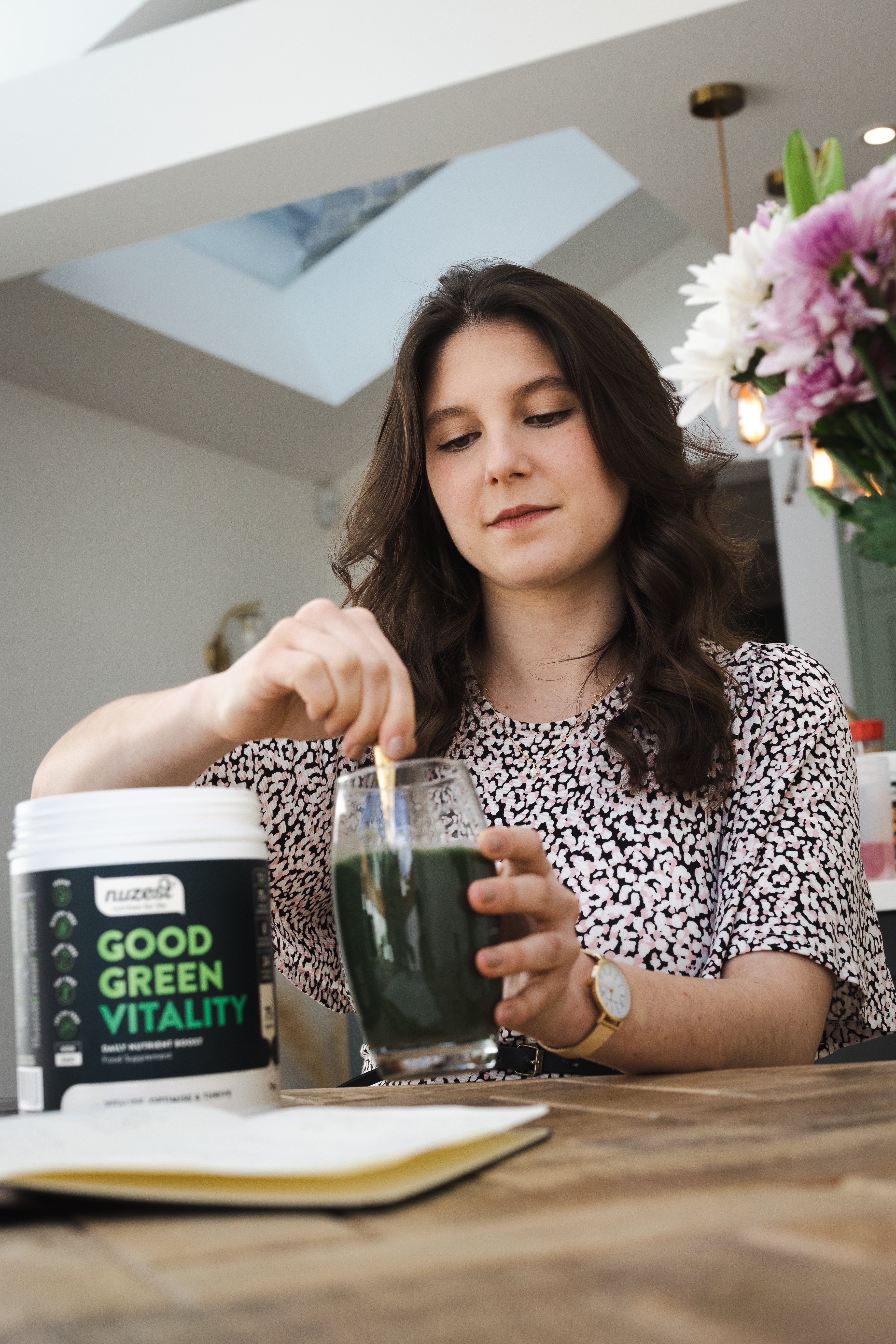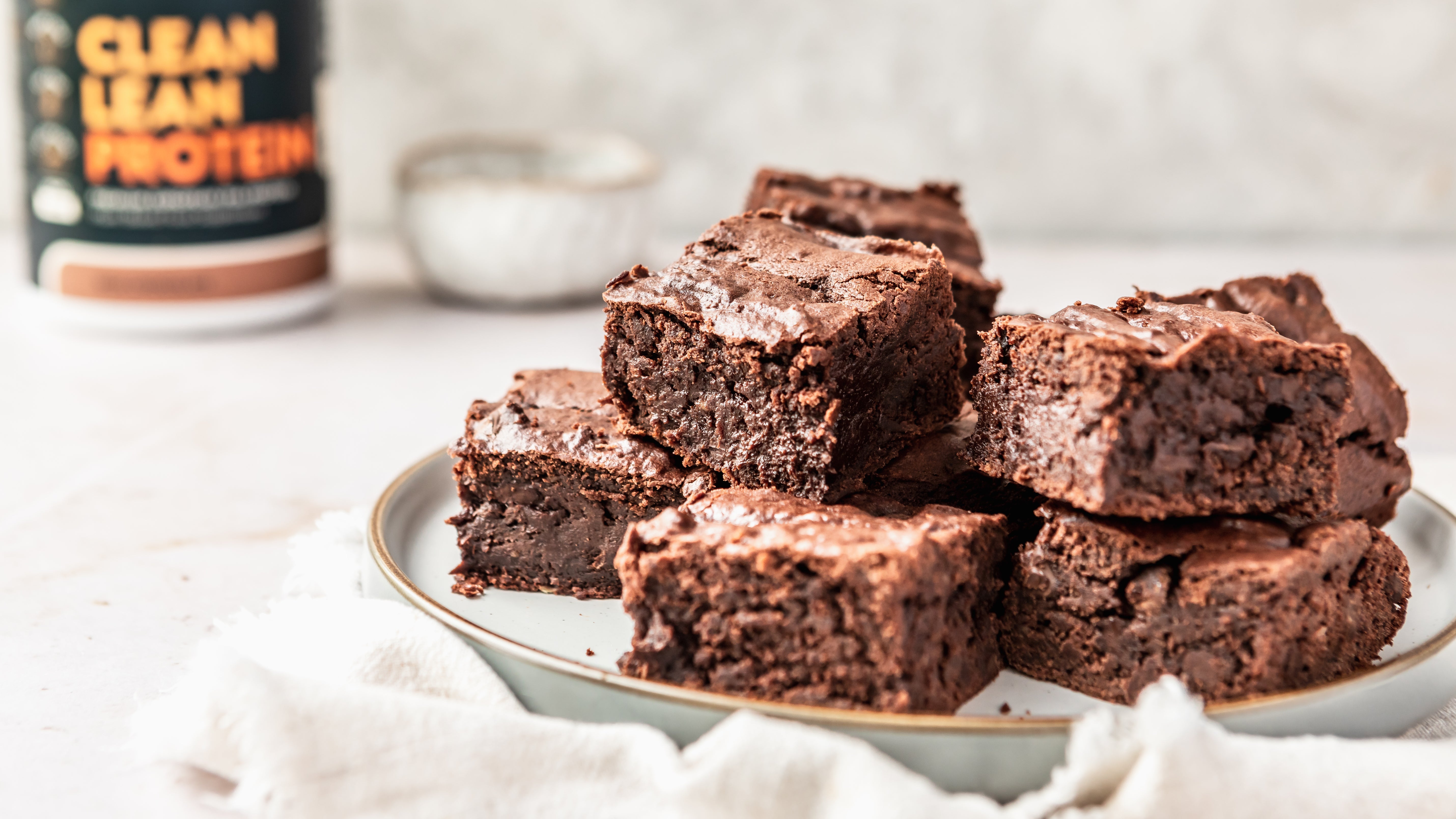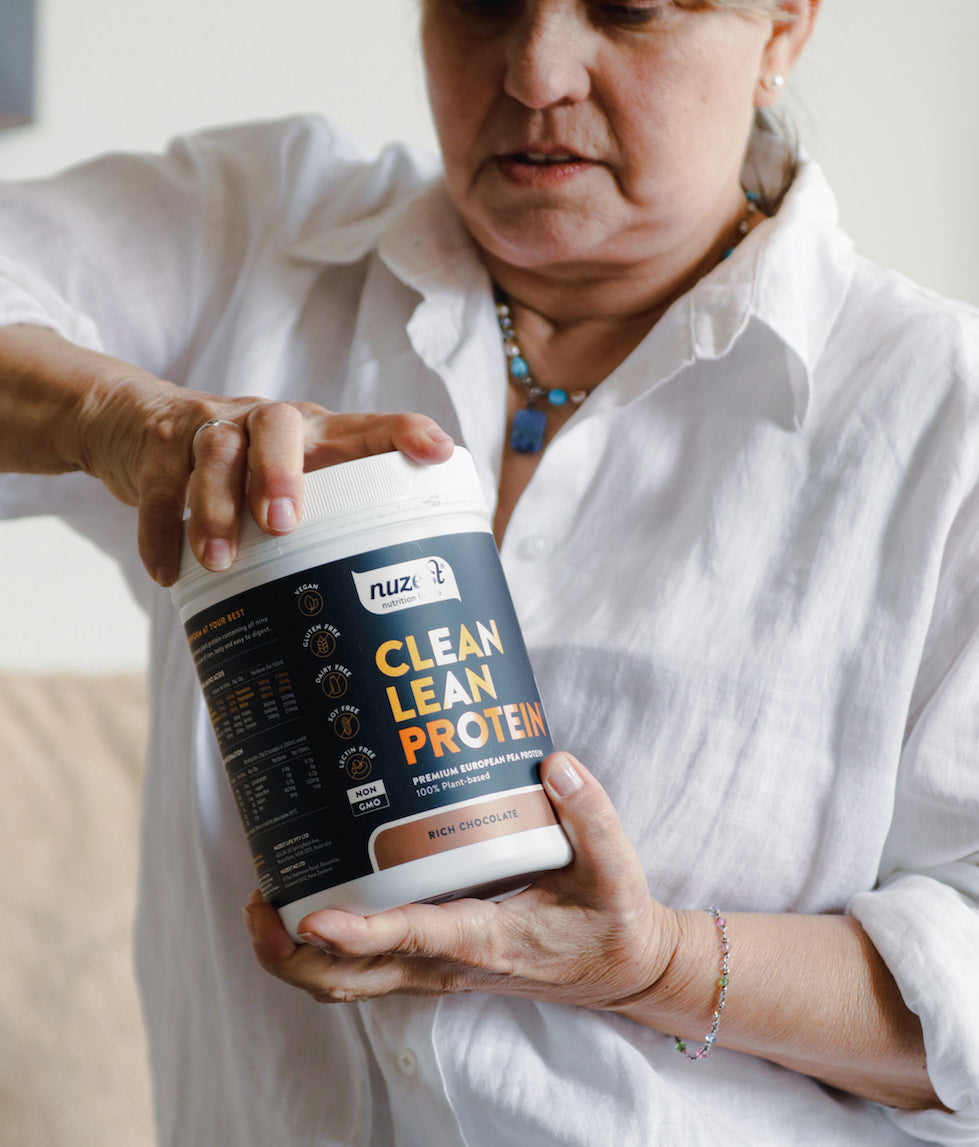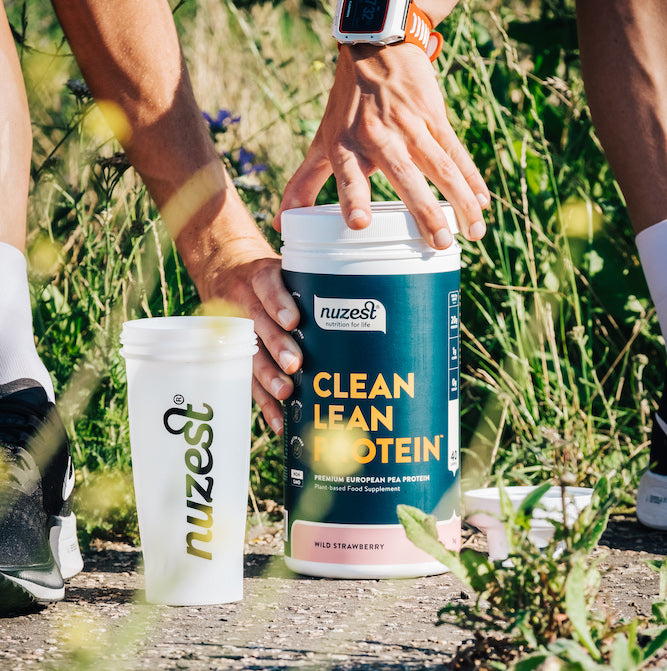Collagen is made of amino acids (proteins) and accounts for 30% of total protein in the human body.1
It is a fibrous, structural protein that comprises of three rope-like helices, that are made up of many small fibres called microfibrils. Macrofibrils are made up of even smaller, thinner fibres called microfibrils. Similar to rope, collagen has a tensile strength, that allows it to be pulled and stretched without breaking.
Why is collagen important?
Collagen is essential for joints, bones, muscles, ligaments, tendons, cartilage, skin, hair and nails.
It is one of the primary structural proteins of connective tissue and plays a crucial role in the body by cushioning, strengthening, hydrating, binding, and connecting tissues together. Connective tissues are able to provide physical and mechanical support through the collagen, elastic and reticular fibres that it is made up of.
Connective tissue can be classified into five different categories:
- Loose connective tissue. This tissue is found between our organs and works to absorb shock from movement and helps to bind tissue together.
- Dense connective tissue. This tissue contains more collagen fibres than loose connective tissue, thus making it stronger and more resistant to stretching. Dense connective tissues can be classified as being regular or irregular; the fibres in regular connective tissues run parallel to each other while the fibres in irregular connective tissues run in random directions. Ligaments and tendons are an example of dense regular connective tissue. The dermis of the skin is an example of dense irregular connective tissue.
- Cartilage. This tissue contains a large amount of short and dispersed collagen fibres making it strong, ridged and elastic.
- Bone. Bone is the hardest connective tissue and is made up of mineralised (hardened) collagen fibres known as calcium phosphate. Bone provides protection to internal organs and supports the body.
- Blood. Blood is a fluid connective tissue. It helps to transport nutrients and oxygen around the body.
What are the different types of collagen?
There are multiple types of collagen in the human body, each of which works in unique ways to aid the body’s processes and functions.
Type I Collagen
This accounts for 90% of the collagen in the human body. It is found in the skin, bones, blood vessel walls, connective tissue, and fibrous (tough) cartilage. This collagen is also found in scar tissue and aids in wound healing and blood clotting.
Amongst the many types of collagen, type I collagen is known for its anti-ageing properties. The fibrous nature of this collagen is thought to decrease wrinkles and improve skin’s health and hydration.
Type II Collagen
This collagen is made of more loosely packed fibres and is found in the elastic cartilage, which cushions joints. Type II collagen is known for promoting joint health and can treat joint pain, such as that present in rheumatoid arthritis, quite effectively.
In comparison to other types, type II collagen, taken orally, has been shown to live through the digestive system, more so than the other types of collagen. The majority of supplements that target skin health are made from a combination of type I and type III collagen.
Type III Collagen
This collagen is integral in the structure of muscles, organs, and blood vessels. It is known to facilitate in the synthesis of blood platelets and is vital to the process of blood clotting. Type III collagen is found predominantly in the muscles, thus, is the type of collagen that would be most beneficial for building muscle mass.
Sources of type I, II and III collagens

What type of collagen is most important in the context of skin health?
Type I is the most important in the context of skin health because it is the most abundant collagen found naturally in the body. It is the major component of connective tissues that make up several body parts, including tendons, ligaments, skin, and muscles. Furthermore, it functions to provide the skin with structure and tensile strength, meaning it can be stretched without being broken.
What nutrients are involved in the synthesis of collagen?
Type I, II and III collagens are made up of three chains, called alpha chains, that each contain approximately 1000 amino acids resides. Of these amino acids, glycine is the most prevalent, making up one-third of these chains. Accordingly, it is required for the synthesis of collagen. Proline, is another other amino acid that is important for collagen production too.
The table below outlines the approximate amino acid composition of type I and III collagens in humans. This is the type of collagen that is most abundant in the skin. Results are displayed per 1000 amino acid residues.
Amino Acid Composition of Type I and III Collagen

These amino acids act as ‘collagen builders’ that join together to form collagen in the body. There are also a number of other nutrients that play a key role in the synthesis of collagen, and whose deficiency may impair collagen production. They include:
- Vitamin C is needed for the body to continually manufacture collagen to maintain and repair connective tissues due to daily wear and tear. If vitamin C is not present in sufficient amounts, collagen formation is disrupted which causes problems throughout the body, such as scurvy.
- Copper activates the enzymes that help to produce collagen.
- Zinc is an essential trace mineral required for bone formation — largely due to its role as a cofactor for collagen synthesis. Some research indicate zinc slows the breakdown rate of collagen; it has even been shown to increase the rate of wound healing.
- Manganese is an essential trace mineral required for the activation of prolidase, an enzyme that provides the amino acid, proline, which is a principle component of collagen.
Can collagen be vegan?
Technically, vegan collagen can be made by using genetically modified yeast and bacteria; however, this is difficult to come by. Instead, the amino acids required to produce collagen in the body, particularly glycine and proline which are most abundant in type I and III collagens, can be acquired through the diet in order to support the synthesis of collagen in the body. By doing so, you are essentially providing the body with the building blocks needed to produce collagen naturally.
Finding vegan collagen might be hard but finding vegan protein sources that include the full suite of amino acids required to build collagen doesn’t have to be. Clean Lean Protein contains all of the essential and non-essential amino acids required to synthesise collagen in the body. One serve provides 795mg glycine and 872mg proline. For a detailed breakdown on the amino acid composition of Clean Lean Protein, check out the product page on our website.
Does collagen supplementation help improve skin health?
Considerable amounts of research have been conducted, mainly on type I collagen, to determine the impact of collagen supplementation on skin health. Studies have identified many positive outcomes of collagen supplementation for skin including:
- Anti-ageing
- Reduced wrinkles
- Improved hydration
- Improved elasticity
- Improved wound healing and scar tissue formation
- Reduction in cellulite and stretch marks
A major benefit of collagen is reducing wrinkles. Studies have shown that collagen supplementation can reduce wrinkles, improve wrinkle depth and increase skin hydration and elasticity.
One study, women who took between 2.5 and 5 grams of collagen hydrolysate (type I) for 4–8 weeks showed significant improvements in skin elasticity and moisture with a reduced wrinkle volume of 20%.
In comparison, another study of 72 women ages 35 year or older, taking 2.5 grams of hydrolysed collagen (type I and II), daily for 12 weeks reduced wrinkle depth by 27% and increased skin hydration by 28%. A further study showed that collagen improved skin smoothness and the appearance of wrinkles.
Interestingly, one study also showed that women between the age of 24 and 50 who took collagen were able to significantly reduce the degree of cellulite.
What other dietary and lifestyle factors need to be considered in the context of skin health?
Collagen on its own is beneficial for various skin health outcomes, however other dietary and lifestyle factors need to be considered.
Adjusting the diet can change the way skin functions. Essential fatty acid deficiency or accumulation of abnormal fatty acids results in so-called skin scaling (dry skin) and poor barrier function. Adding omega-3 and omega-6-rich oils to the diet has been shown to help to decrease skin roughness and dryness.
Additionally, refined carbs and sugars have been shown to have a negative impact on skin health by disrupting the regular structure of collagen fibres and making them unable to be repaired through normal processes.
Lifestyle factors such as exposure to sun (UV) shifts the extracellular matrix reducing the components that make up the skin collagen and elastin; smoking has been shown to decrease the synthesis rates of two types I and III of collagen by 18–22%; and
alcohol, stress, and a lack of sleep can lead to the formation of wrinkles, appearance of brown spots and thickening of the skin.
